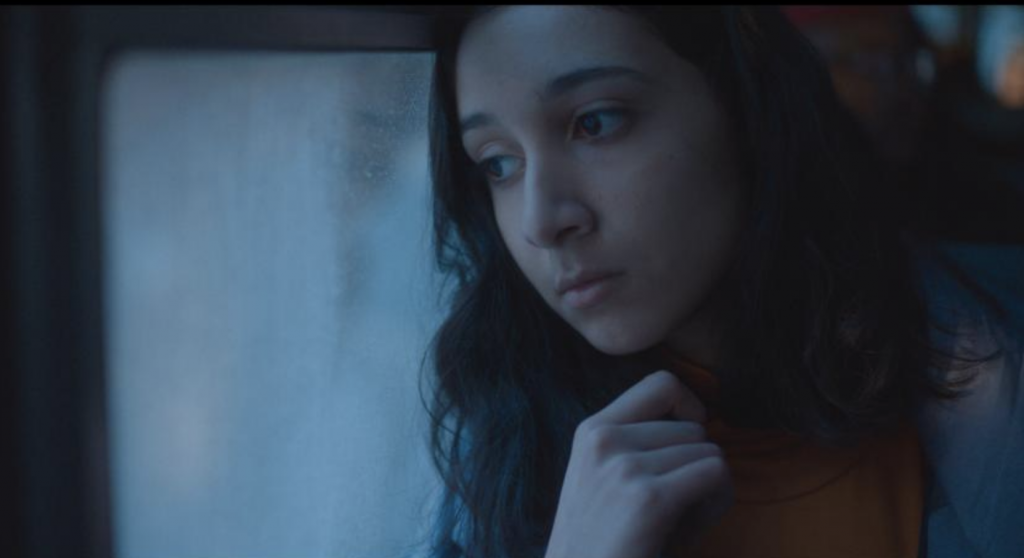Concordia students were particularly well represented at Queerement Quebec
Queerement Quebec is always a favourite among the public of Image+Nation. The Montreal LGBTQ+ film festival has been organizing the Quebec short film night for 19 years now. This year’s edition was held at the Phi Centre, on Nov. 26.
Out of the eight filmmakers who presented their work that evening, six were Concordia students or alumnae.
“Thank you, Concordia,” said Charlie Boudreau, the director of the festival. “Every year this school produces great filmmakers who end up having a well-deserved place either here at Image+Nation, or in the wider Montreal festival circuit.”
Boudreau mentioned that Image+Nation received four times more submissions than the number of films they were able to show at Queerement Quebec. “This proves that Quebec cinema is very much alive, and that every year there are new queer voices which we try to put out there,” she said.
The last film of the evening, Delphine, by Chloé Robichaud, was probably the best directed. Ever since Robichaud graduated from Concordia 10 years ago in film production, she has become one of the most prominent queer directors in contemporary Quebec cinema, having directed two feature films and many television series episodes, in French and English.
Her last picture won the best short film prize at the Toronto International Film Festival (TIFF) earlier this year. Inspired by the play Delphine de Ville Saint-Laurent, it tells the story of Delphine, a Lebanese immigrant who arrives in Quebec at 10 years old. She starts going to a Montreal elementary school, very shy, not knowing a word of French. Her difficulties are told through the narration of Nicole, a classmate, who seems more at ease with her environment. The last scenes of Robichaud’s short, situate her characters years later, in high school, where Delphine appears as a changed girl, fearless, almost aggressive, as she begins to have to embrace her homosexuality.
“It is one of those films which are queer and feel queer, but don’t explicitly mention their characters’ sexuality, and rather let them be,” said Robichaud.
As the director stood on the Phi Centre stage to talk about her film, she also talked to Zachary Ayotte, who is currently studying at Concordia, and also presented a film that evening.
The two generations of Concordia filmmakers presented very different pictures. Mon père travaille de nuit is Ayotte’s very first film. He made it two years ago in a film production class. While it was not made to be a comedy, it was the funniest film of the selection. Depicting a teenage boy’s strange relationship with a fellow student whom he meets in swim practice, it was awkward yet very entertaining. Ayotte showed skillful cinematography, considering that it was his first attempt at filmmaking.
“I learned so much in the process of making this film,” said the young director. “I am also very moved by the reaction of the audience tonight, I never would have thought such a personal story could have an impact.” Ayotte said his main character’s experience of sexual discovery had been inspired by his own, a few years back.
While this year’s selection didn’t always showcase the best quality films, compared to last year, for example, it still felt important. Not only did it represent the first film festival experience to many of the feature filmmakers, it also gave the Montreal public the chance to see how the young are portraying queer issues and relationships on screen





